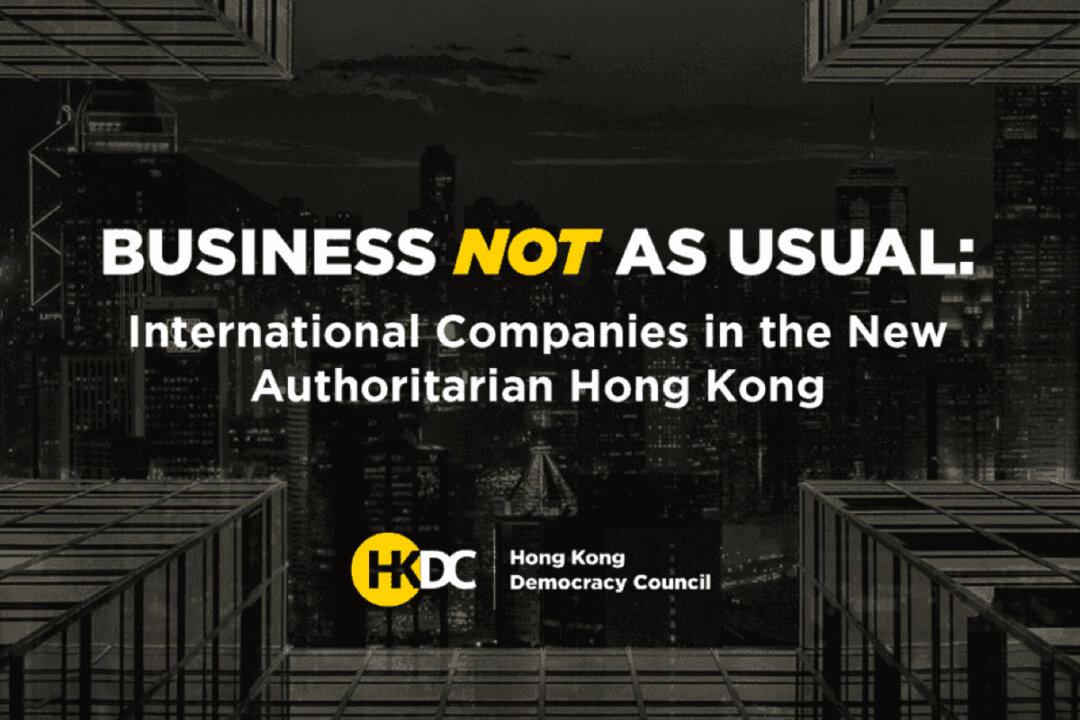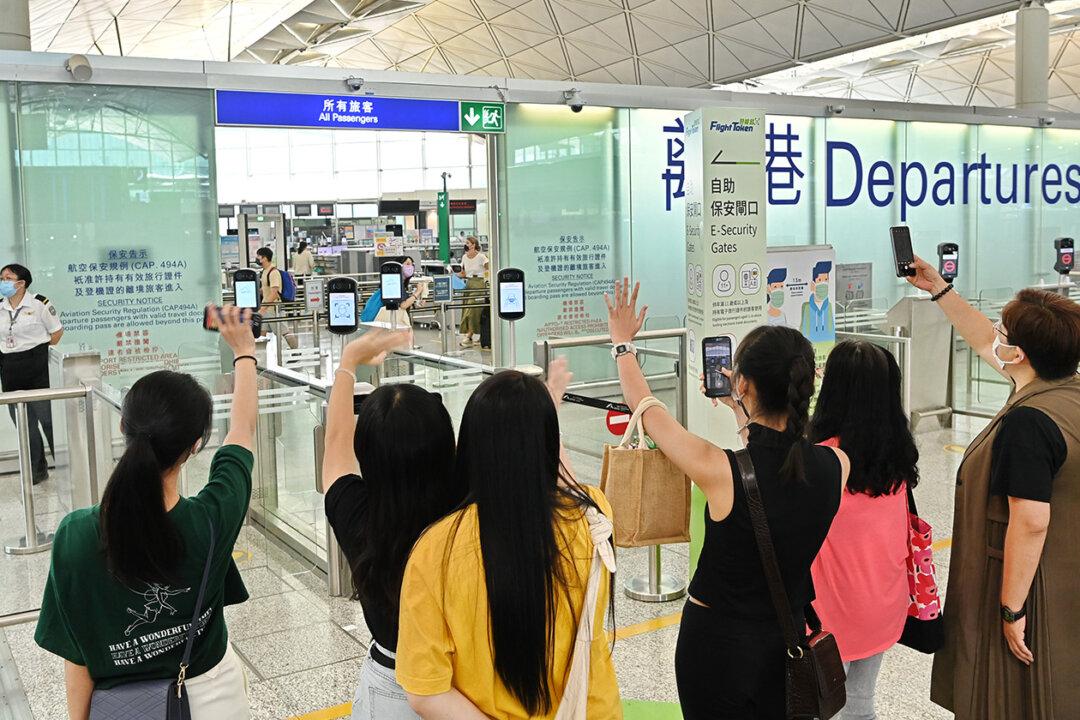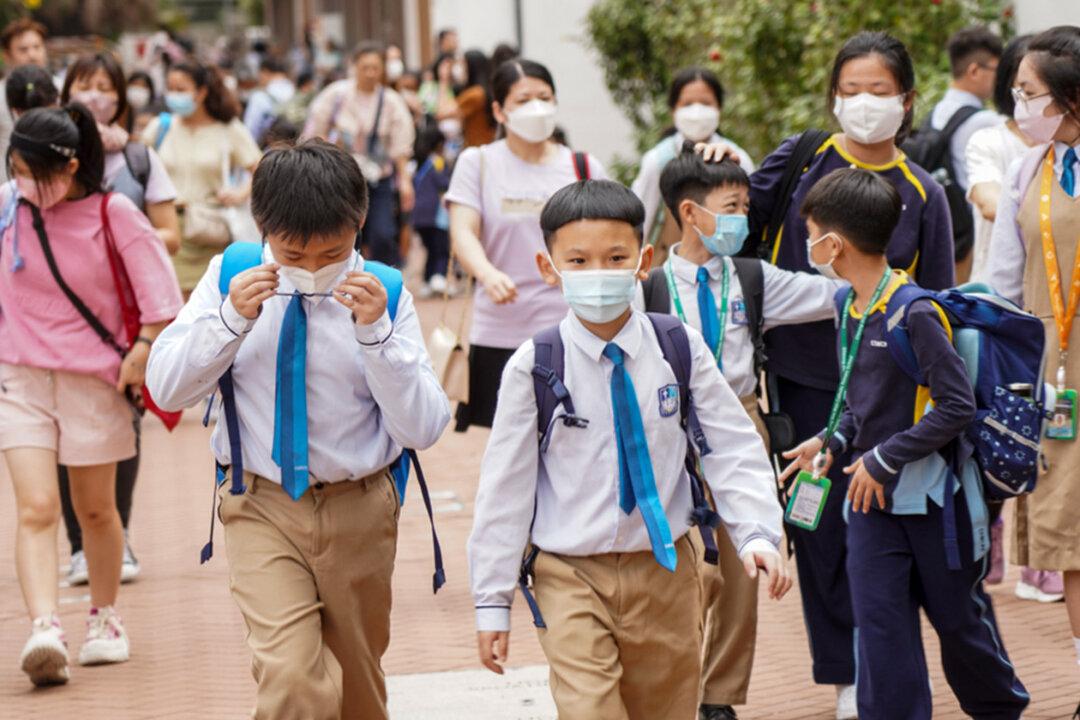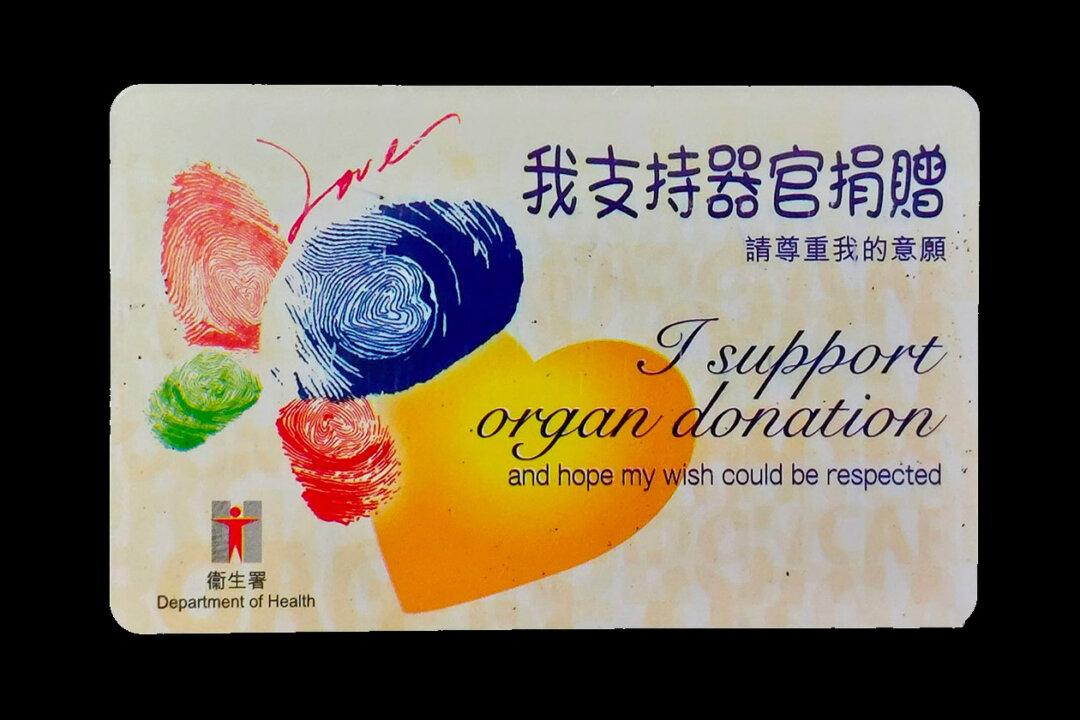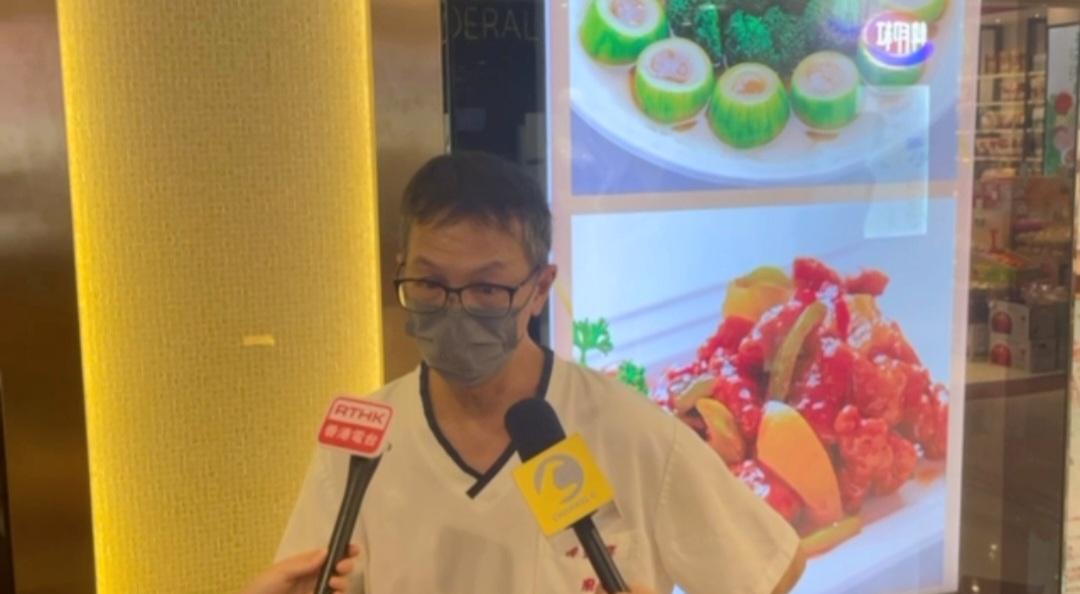The Hong Kong Democracy Council (HKDC), an American non-government organization with a number of exiled Hong Kong pro-democracy figures as its core members, issued a report on Oct. 25, criticizing the Hong Kong government for lobbying international companies to support the “Hong Kong National Security Law (NSL).” The report also revealed the names and conduct of the businesses concerned. Hours later, some people in Hong Kong reported being unable to browse the HKDC website and read the related report. Some scholars analyzed that it was the Hong Kong government that blocked the HKDC website, primarily out of revenge. This is a reflection of the Hong Kong government’s fear that the report might trigger the U.S. government to put pressure on foreign firms and capital, resulting in bringing about a series of boycott effects. Or it might have a negative impact on the forthcoming international financial summit in November when Hong Hong’s intention to “tell the good story of Hong Kong“ becomes a ”tell the Hong Kong scandalous story” instead.
Established in Sept. 2019, HKDC is an overseas organization concerned with the development of democracy in Hong Kong. It had participated in lobbying the U.S. government to pass the Hong Kong Human Rights and Democracy Act. The Chinese government announced in July last year that it would impose sanctions on organizations such as HKDC under the Anti-Foreign Sanctions Law. The founder of HKDC, Samuel Chu, is the son of Chu Yiu-ming, one of the “Three Founders of the Occupy Central” campaign. He immigrated to the U.S. in his early years and was previously reported to be wanted by the Hong Kong police for allegedly violating the NSL. He resigned as HKDC director in August 2021.
